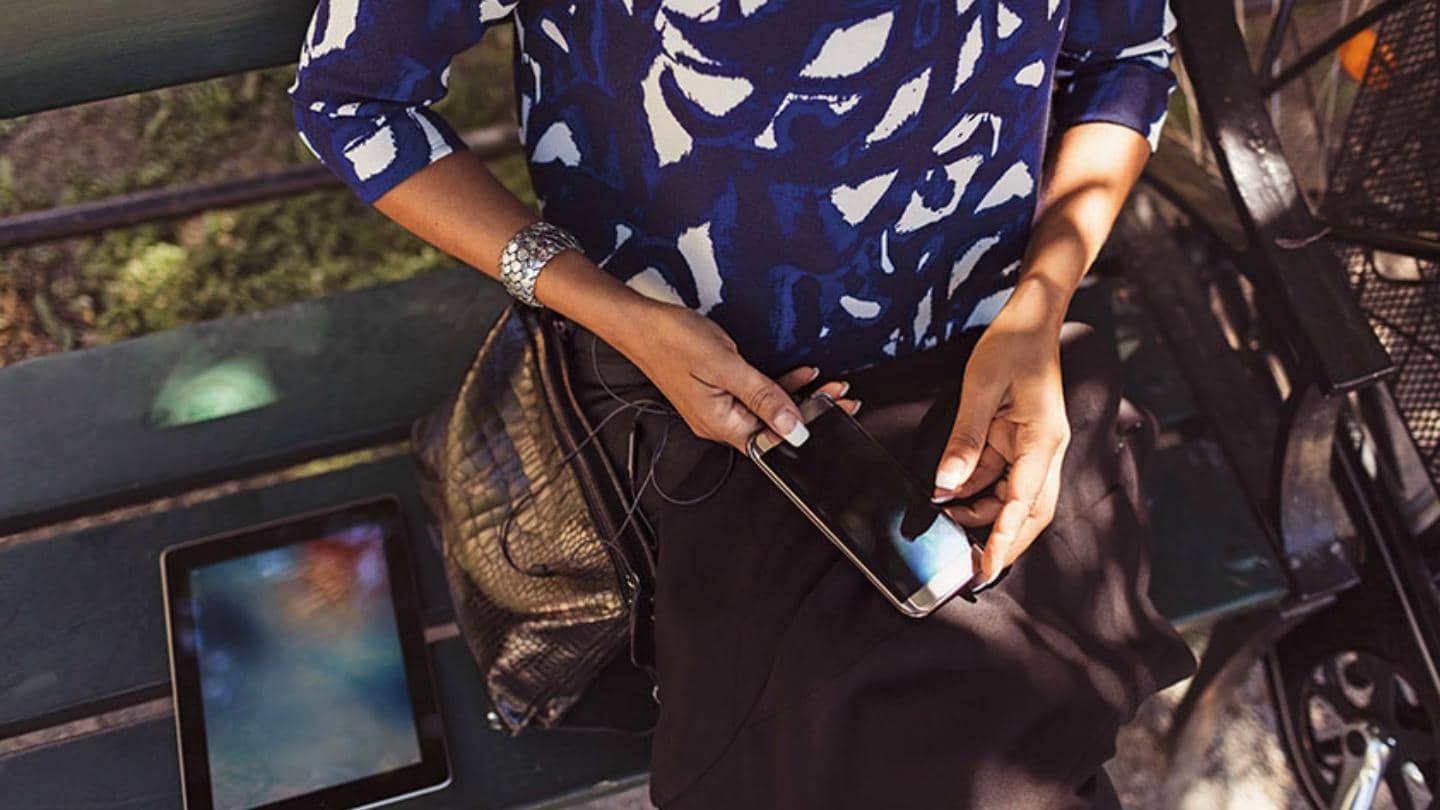
‘Never will we ever!’ Barclays promises what it will never ask customers, as Brits face double risk of seasonal scams
- Barclays data reveals a 17 per cent increase in the number of customers reporting shopping scams after last year’s Black Friday shopping season, with £538 loss on average
- Barclays is helping the public to remain alert to the threat of scams by identifying the requests a bank would never make.
- Shoppers are reminded to be vigilant to avoid impersonation scams, as Black Friday and Cyber Monday provide scammers with ample opportunity to harvest personal information and payment details
Brits are at risk of losing hundreds of pounds this week while shopping for Black Friday and Cyber Monday deals, with £538 lost on average to shopping scams last year during the seasonal shopping period, new Barclays data1 has found.
As well as staying alert to shopping scams, the bank is also urging the public to stay vigilant to impersonation scams, where fraudsters pretend to be from your bank, during and following the sales season.
The latest scams data comes as a Barclays poll2 found that the majority of Britons (59 per cent) will change their usual behaviour in search of the best deal this festive season. One in five (18 per cent) admitted to feeling pressure to purchase items as quickly as possible, and one in seven (14 per cent) said they would shop on unfamiliar websites if they had particularly good prices.
With this in mind, and with nearly two in five (38 per cent) of us planning to pursue Black Friday deals, Barclays is encouraging shoppers to be careful as the bank’s data revealed a 17 per cent increase in the number of customers reporting shopping scams after last year’s Black Friday sales season3.
Futhermore, Black Friday and Cyber Monday provide scammers with an ample opportunity to harvest personal information and payment details from unsuspecting shoppers, which can then be used at a later date to impersonate their bank and scam them out of further cash.
The research also revealed how many of the public are susceptible to the common tactics scammers use to impersonate banks. One in ten shoppers (12 per cent) would give their PIN to someone if they thought it was their bank, whilst a quarter (25 per cent) said they were likely to agree to assist in an internal bank investigation – both things banks would never ask you to do.
Worryingly, over two fifths (43 per cent) of 31-40 year olds said they would transfer money to a ‘safe’ account if asked to by their bank, while only four per cent of those aged 61-70 responded that they would do so. This trend extends to other popular scam techniques, as 35 per cent of 31-40 year olds and 23 per cent of 21-30 year olds would likely give remote access to their laptop or bank account if asked by their bank, compared to only one percent of 61-70 year olds.
What’s more, despite 70 per cent of respondents claiming they were aware that scammers could target them through text messages, one in ten (11 per cent) would still pay via a link in a text if they thought the message was from a reputable source.
As the season of shopping sales commences, Barclays Head of Digital Safety, Ross Martin, is reminding shoppers of the requests banks will never make:
“Whilst the Black Friday and Cyber Monday sales are a great opportunity for consumers to bag a bargain, unfortunately they create the perfect opportunity for fraudsters to target shoppers and it’s important to remember that scammers often do target victims more than once and use details gathered in the first scam to strike again.
“If you receive a call from someone from your bank asking you to do any of these things, hang up and call back either on a trusted number or by dialling 159 – the fraud hotline. Please don’t ignore your concerns - if you’re ever unsure, always take the time to check.”
Barclays has revealed the seven questions it will never ask customers, to pre warn people in case someone calls claiming to be from your bank.
Barclays will never:
- Ask for your PIN
- Ask you to divulge any mobile banking activation codes or PINSentry codes
- Ask you to transfer money to a safe account
- Ask you to assist in an internal bank investigation
- Ask a courier to visit your home and pick up cash, items or payment cards
- Ask for remote access to your computer or phone
- Ask you to pay for anything via a link in a text
For more information and tips to stay alert from the latest scams, please visit: www.barclays.co.uk/scams/
ENDS
Notes to Editors
1Barclays data on shopping scams relates to goods purchase scams in 2020
2Mortar Research study of 2,039 participants, October 2021
3Average volume of unique customers reporting purchase scams in November and December 2020 versus 2020 monthly average